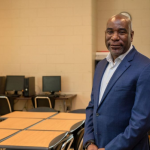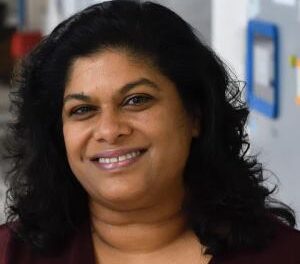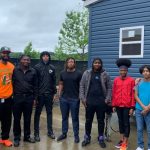By Ryan Michaels
The Birmingham Times
A conflict resolution curriculum designed specifically for young Black men who attend Birmingham City Schools (BCS) is set to begin by spring semester in 2023 and could help reduce violence in Birmingham, according to city leaders.
“I think we all know the issues in our community, how young people and adults tend to respond when they have an issue with somebody, whether they know them, or a stranger. We keep looking to expand our toolbox of conflict resolution. This is another tool we think could be extremely beneficial,” Woodfin said.
The program, called Common Ground, will put students who have been selected by individual school principals into one or two cohorts at each BCS middle and high school with two coaches per cohort, according to Birmingham Municipal Judge Andra Sparks, who has spoken on behalf of the initiative.
Currently, the program will operate in each middle and high school and within K-8 schools. However, the curriculum is only designed for middle school and up and will not be used for elementary grades, Sparks said.
Dr. Mark Sullivan, BCS Superintendent, said students need tools “in order to solve conflicts in a nonviolent way” and that they’re not developing those tools naturally, leading to more bad outcomes in the community.
“As we’re coming out of the pandemic, we’re seeing more and more students make more and more bad decisions, because they don’t have the skill set in order to make the right decisions where someone is not shot, someone is not murdered, someone is not maimed for no other reason than these individuals could not come to a resolution that did not end in violence,” Sullivan said.
The program has already been operating in Birmingham’s George Washington Carver High School over the last two semesters, and Carver’s Principal Tikki Hines said she doesn’t — “often put her name behind programs” — but that Common Ground is working.
“Oftentimes, our students don’t recognize the connection that school has to their community, so it’s exciting to have a program where Black men are coming in and giving them another voice on how to solve problems,” Hines said.
Hines said she would often pop into the lunchtime sessions of the program but felt unwelcome in the room, given it was for the young men.
“But when the boys came out, there seemed to be understanding, and all of these young men don’t get along. That was an opportunity for those young men to sit and really talk about how to solve their problems with their words. So many times, they don’t have that skill set,” Hines said.











